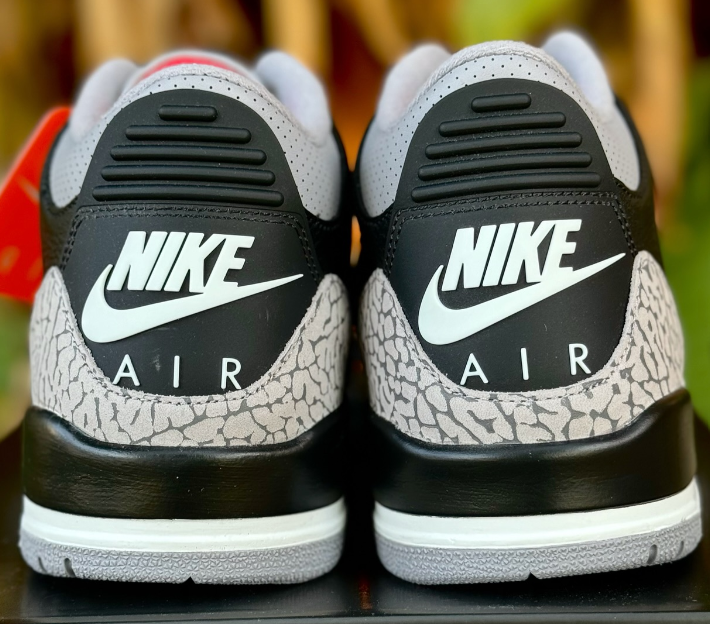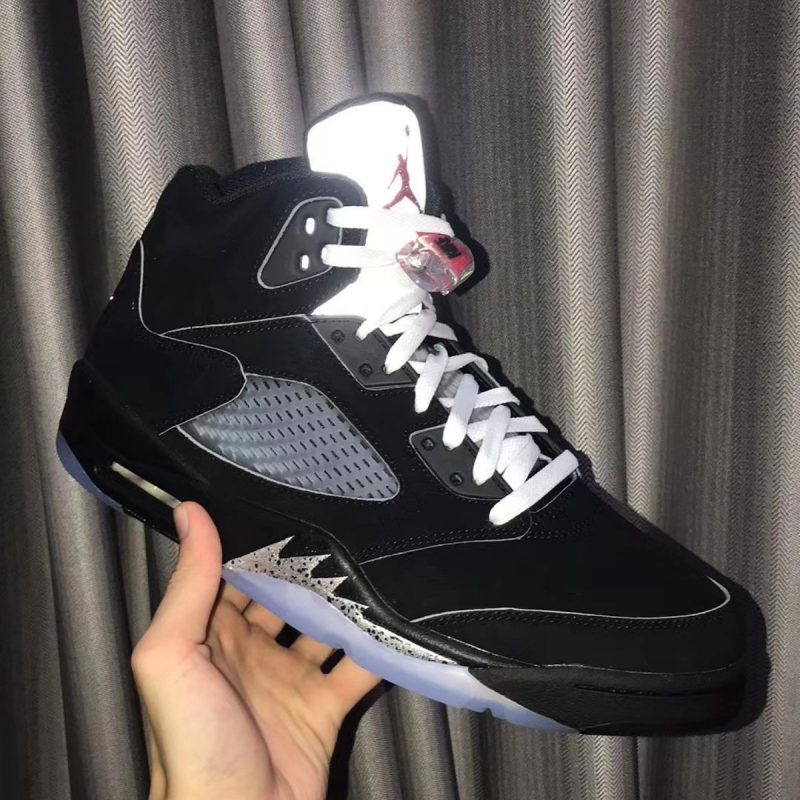- 3,949
- 1,197
- Joined
- Nov 16, 2001
[h1]http://www.newyorker.com/reporting/2009/05/11/090511fa_fact_gladwell?currentPage=all
[/h1][h1]How David Beats Goliath[/h1] [h2]When underdogs break the rules.[/h2] [h4] by Malcolm Gladwell May 11, 2009 [/h4]

A non-stop full-court press gives weak basketball teams a chance against far stronger teams. Why have so few adopted it?
When Vivek Ranadivé decided to coach his daughter Anjali’s basketball team, he settled on two principles. The first was that he would never raise his voice. This was National Junior Basketball—the Little League of basketball. The team was made up mostly of twelve-year-olds, and twelve-year-olds, he knew from experience, did not respond well to shouting. He would conduct business on the basketball court, he decided, the same way he conducted business at his software firm. He would speak calmly and softly, and convince the girls of the wisdom of his approach with appeals to reason and common sense.
The second principle was more important. Ranadivé was puzzled by the way Americans played basketball. He is from Mumbai. He grew up with cricket and soccer. He would never forget the first time he saw a basketball game. He thought it was mindless. Team A would score and then immediately retreat to its own end of the court. Team B would inbound the ball and dribble it into Team A’s end, where Team A was patiently waiting. Then the process would reverse itself. A basketball court was ninety-four feet long. But most of the time a team defended only about twenty-four feet of that, conceding the other seventy feet. Occasionally, teams would play a full-court press—that is, they would contest their opponent’s attempt to advance the ball up the court. But they would do it for only a few minutes at a time. It was as if there were a kind of conspiracy in the basketball world about the way the game ought to be played, and Ranadivé thought that that conspiracy had the effect of widening the gap between good teams and weak teams. Good teams, after all, had players who were tall and could dribble and shoot well; they could crisply execute their carefully prepared plays in their opponent’s end. Why, then, did weak teams play in a way that made it easy for good teams to do the very things that made them so good?
Ranadivé looked at his girls. Morgan and Julia were serious basketball players. But Nicky, Angela, Dani, Holly, Annika, and his own daughter, Anjali, had never played the game before. They weren’t all that tall. They couldn’t shoot. They weren’t particularly adept at dribbling. They were not the sort who played pickup games at the playground every evening. Most of them were, as Ranadivé says, “little blond girls
[/h1][h1]How David Beats Goliath[/h1] [h2]When underdogs break the rules.[/h2] [h4] by Malcolm Gladwell May 11, 2009 [/h4]

A non-stop full-court press gives weak basketball teams a chance against far stronger teams. Why have so few adopted it?
When Vivek Ranadivé decided to coach his daughter Anjali’s basketball team, he settled on two principles. The first was that he would never raise his voice. This was National Junior Basketball—the Little League of basketball. The team was made up mostly of twelve-year-olds, and twelve-year-olds, he knew from experience, did not respond well to shouting. He would conduct business on the basketball court, he decided, the same way he conducted business at his software firm. He would speak calmly and softly, and convince the girls of the wisdom of his approach with appeals to reason and common sense.
The second principle was more important. Ranadivé was puzzled by the way Americans played basketball. He is from Mumbai. He grew up with cricket and soccer. He would never forget the first time he saw a basketball game. He thought it was mindless. Team A would score and then immediately retreat to its own end of the court. Team B would inbound the ball and dribble it into Team A’s end, where Team A was patiently waiting. Then the process would reverse itself. A basketball court was ninety-four feet long. But most of the time a team defended only about twenty-four feet of that, conceding the other seventy feet. Occasionally, teams would play a full-court press—that is, they would contest their opponent’s attempt to advance the ball up the court. But they would do it for only a few minutes at a time. It was as if there were a kind of conspiracy in the basketball world about the way the game ought to be played, and Ranadivé thought that that conspiracy had the effect of widening the gap between good teams and weak teams. Good teams, after all, had players who were tall and could dribble and shoot well; they could crisply execute their carefully prepared plays in their opponent’s end. Why, then, did weak teams play in a way that made it easy for good teams to do the very things that made them so good?
Ranadivé looked at his girls. Morgan and Julia were serious basketball players. But Nicky, Angela, Dani, Holly, Annika, and his own daughter, Anjali, had never played the game before. They weren’t all that tall. They couldn’t shoot. They weren’t particularly adept at dribbling. They were not the sort who played pickup games at the playground every evening. Most of them were, as Ranadivé says, “little blond girls







